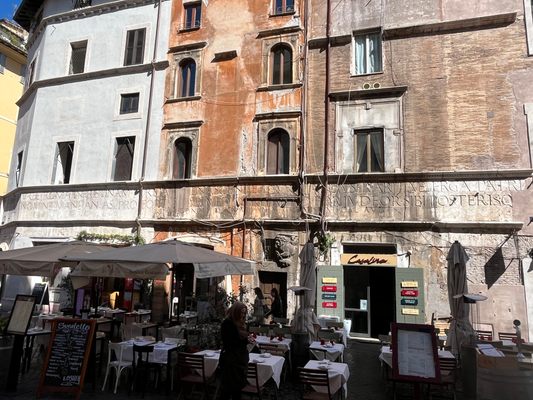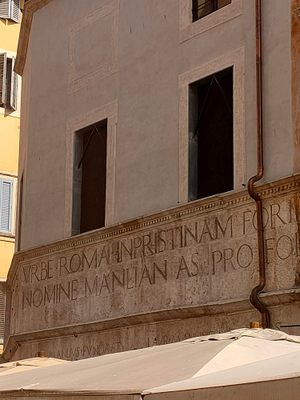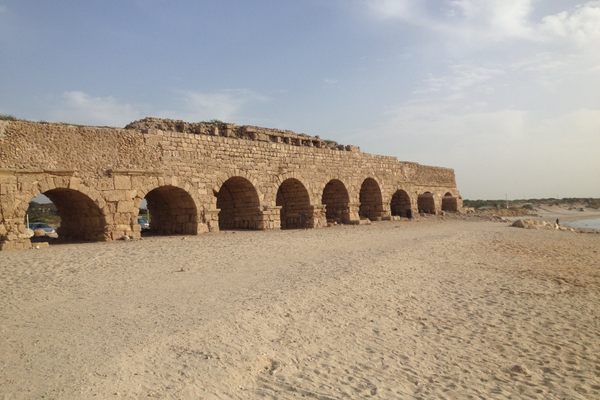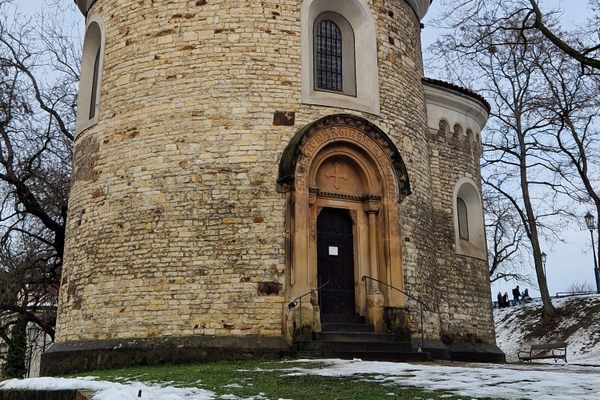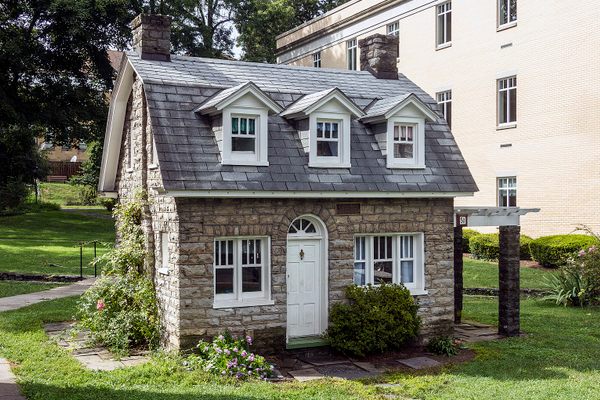About
Along the Via del Portico d'Ottavia resides a large inscription on a historical building that celebrates the former owner's love for his city and its glorious classical past.
Lorenzo Manilio, a spice merchant who lived during the second half of the 15th-century, built himself a large mansion and adorned it with a large inscription, along with various roman archaeological findings known as spoila.
The inscriptions run alongside the building and read: "URBE ROMA IN PRISTINAM FORMA(M R)ENASCENTE LAUR MANLIUS KARITATE ERGA PATRI(AM) (A)EDIS SUO NOMINE MANLIANAS PRO FORT(UN)AR(UM) MEDIOCRITATE AD FOR(UM) IUDEOR(UM) SIBI POSTERISQ(UE) SUIS A FUND(AMENTIS) P(OSUIT) AB URB(E) CON(DITA) MMCCXXI L AN(NO) M(ENSE) III D(IE) II P(OSUIT) XI CAL(ENDAS) AUG(USTAS)"
Which roughly translates to: "As Rome returns to its former glory, Lorenzo Manilio, as a token of love for his city, built from its foundation in the Jewish square, with his modest means, the house whose name Manliana derives from his family name for himself and for his descendants, in the year 2221 from the foundation of the city of Rome, at the age of 50 years, 3 months and 2 days. He founded his home on the 11th day before the kalends of August."
The use of the year 2221 indicates that the house was built in the year 1468 and Manilio's admiration for classical civilization, at the time of the Renaissance, is obvious in his aesthetic choices. This is also seen in the formulae he uses in the inscription.
Additionally, Manilio added his name on the architraves of the doors and the motto "Ave Roma" appears on the windows. Fragments of sarcophagi and funerary monuments from the Via Appia were also inserted into the building. An inscription from a Roman funerary monument mourns the passing of the young Hilarius, an enslaved person or freedman of Aulius and Curatius Ammia.
Related Tags
Flavors of Italy: Roman Carbonara, Florentine Steak & Venetian Cocktails
Savor local cuisine across Rome, Florence & Venice.
Book NowCommunity Contributors
Added By
Published
February 24, 2021

